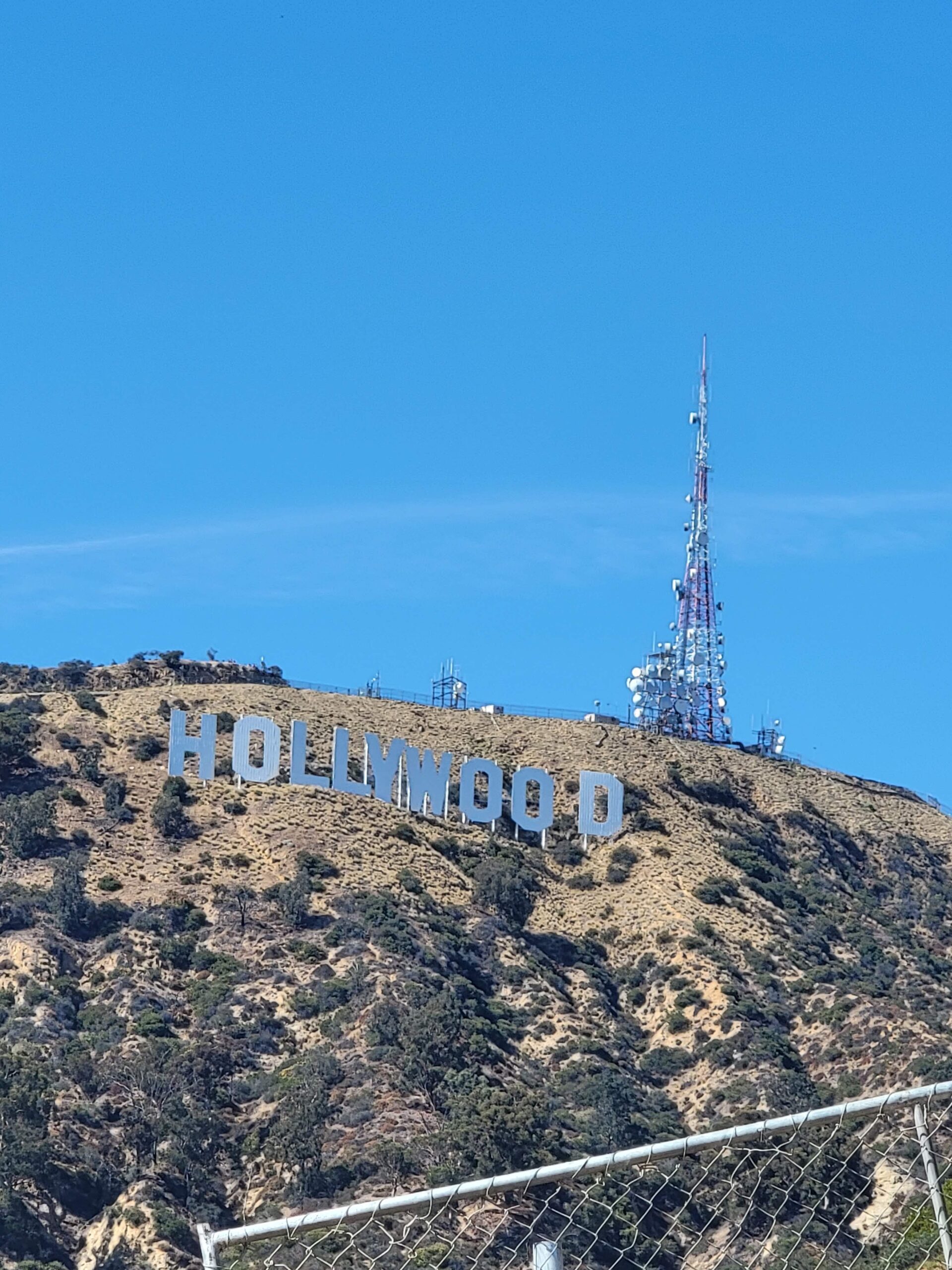I met Emmy on a production set starring and produced by the same person. It was not the best set I have been on, safe to say, but when you have a fantastic assistant director like Emmy, the whole production runs smoother for those unfamiliar with what an assistant director does. The Assistant Director on a film set is responsible for scheduling and planning the shoot, managing on-set operations, and ensuring that all departments are synchronized and adhere to the director’s vision. They play a crucial role in communication, timekeeping, and maintaining safety protocols as a vital link between the director and the crew. I met Emmy to discuss her time in the film and television industry.
Emmy’s career is a testament to the seismic shifts in Hollywood. “The industry has undergone significant changes,” she reflects. The rise of streaming platforms, technological advancements, and a growing focus on diversity and inclusion mark the new era of filmmaking. Emmy has witnessed firsthand the impact of the #MeToo movement, which brought much-needed attention to harassment and gender inequality. “It’s been a time of reckoning, reflection, and, importantly, action,” she said. I remember reaching out to Emmy when many women in Hollywood were coming out with their stories, and she told me that she experienced what others have, and that opened my eyes to how bad the problem was.
Looking at the current makeup of the television industry using the 2023 Hollywood Diversity Report published by the UCLA Entertainment & Media Research Initiative (see graph to the right), this chart shows how many females were in creative roles on cable shows in 2022. There were still twice as many males in the same roles as females, so as there is progress happening in 2023, we are still dealing with a majority male-dominated industry.
In Emmy’s current role, she champions inclusivity, advocating for equitable talent discovery and development. She emphasizes creating more inclusive pathways for underrepresented groups, ensuring their growth and success in the industry. “Democratizing how we discover and nurture talent can dismantle long-standing inequalities,” she said. Emmy offers excellent advice for those aspiring to follow in her footsteps: build a strong foundation, develop leadership skills, and advocate for oneself. “Be a role model,” she says, emphasizing mentoring and supporting others.

One of Emmys’ biggest motivators in the industry has been Ava DuVernay, a talented filmmaker and director who has not only broken barriers but has also been a vocal advocate for diversity and inclusion. DuVernay’s success in a predominantly white and male industry has been inspiring. Her work, particularly films like “Selma” and the series “Queen Sugar,” has showcased the power of diverse storytelling and the impact it can have. Emmy finds inspiration in DuVernay’s accomplishments and dedication to advocating for underrepresented voices. Emmy added, “If given the chance, I would love to work on one of Ava DuVernay’s sets.”
After our interview, I am reminded why I enjoy working with and talking to Emmy. She’s always been a vital figure onset, as well as in the culture of Hollywood. Hearing her perspective and stories shows how Hollywood has operated and where it is potentially going. People and voices like Emmy give a positive outlook on the Film

